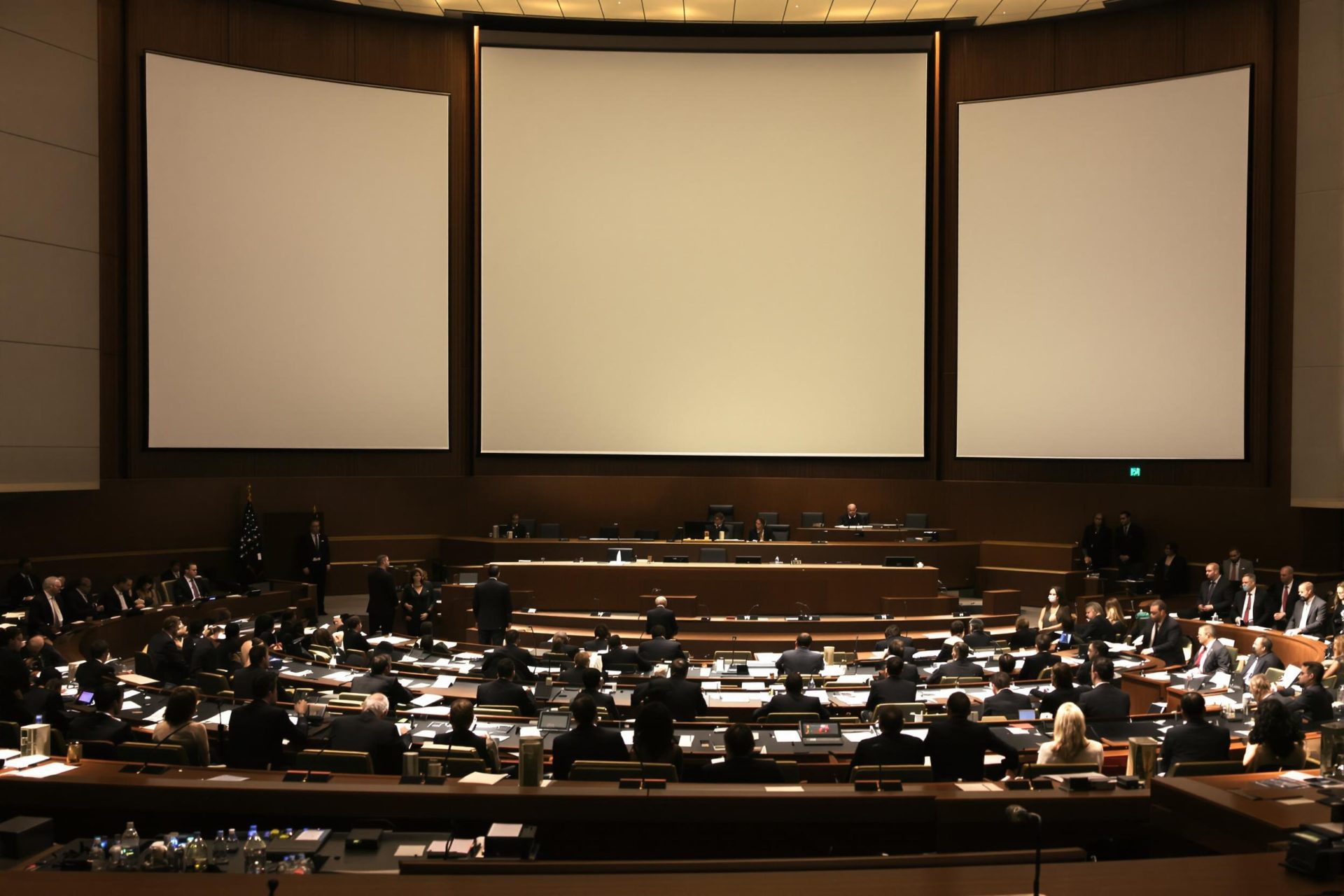Key Takeaways
- The U.S. Department of Justice’s focus in its antitrust case against Google has shifted significantly towards artificial intelligence (AI) during the penalty phase.
- Prosecutors argue Google could leverage its search engine dominance and vast data index to unfairly dominate the emerging AI market.
- Potential penalties being discussed include forcing Google to license its search data to competitors and possibly selling off its Chrome browser.
- Google counters that the AI field is already highly competitive, pointing to rivals like OpenAI’s ChatGPT and Meta’s AI.
- Testimony from AI companies like OpenAI and Perplexity highlighted challenges competing with Google’s established infrastructure and deals.
- A federal judge will ultimately decide on the remedies, which could significantly impact both the search and AI industries.
What started as a case about Google’s dominance in online search has now become deeply intertwined with the future of artificial intelligence.
As the remedy phase of the landmark U.S. Department of Justice antitrust trial against Google unfolds, AI has taken center stage. Prosecutors are arguing that Google could exploit its powerful search engine to gain an unfair advantage in the rapidly growing AI sector.
The DOJ’s concern, outlined in recent court arguments, is that Google might use its AI tools, like Gemini, to reinforce its search monopoly. They believe Google uses data from its massive search index – a database containing information from billions of webpages – to train and improve its AI, creating a cycle that keeps users locked into Google’s ecosystem and shuts out competitors.
According to reporting from NPR, the government sees this connection between search data and AI development as crucial. They argue that any penalties imposed on Google must address how users access Google search, including through AI products like Gemini, to be effective.
To level the playing field, the Justice Department has proposed strong measures. These include potentially forcing Google to license its valuable search data (like user queries and clicks) to rivals and, most drastically, requiring the sale of its popular Chrome web browser.
Google firmly rejects the idea that it could monopolize AI. Company lawyers argue the AI landscape is thriving with competition, pointing to successful chatbots from OpenAI (ChatGPT) and Meta, which they claim have wider distribution and usage than Google’s Gemini.
Google presented internal documents suggesting that while Gemini’s usage is growing, it still lags behind ChatGPT and MetaAI in terms of daily and monthly active users globally. They argue this proves competitors don’t need access to Google’s proprietary search data.
The trial featured testimony from executives at AI firms. OpenAI’s head of product described the immense challenge and cost of building a comparable search index independently, noting Google declined a partnership. Perplexity’s chief business officer testified about difficulties getting its AI onto mobile devices due to Google’s deals with manufacturers, likening Google’s control to a “mob boss.”
These distribution deals, similar to the ones Judge Amit Mehta previously ruled helped Google maintain its search monopoly with companies like Apple and Samsung, are also under scrutiny for potentially locking out AI competitors.
The trial continues this week, with Google set to present its defense, possibly including testimony from CEO Sundar Pichai. Judge Mehta’s final decision on remedies, expected after closing arguments in late May, will likely have significant consequences for the future of both search and AI, even as Google plans to appeal the original ruling.



